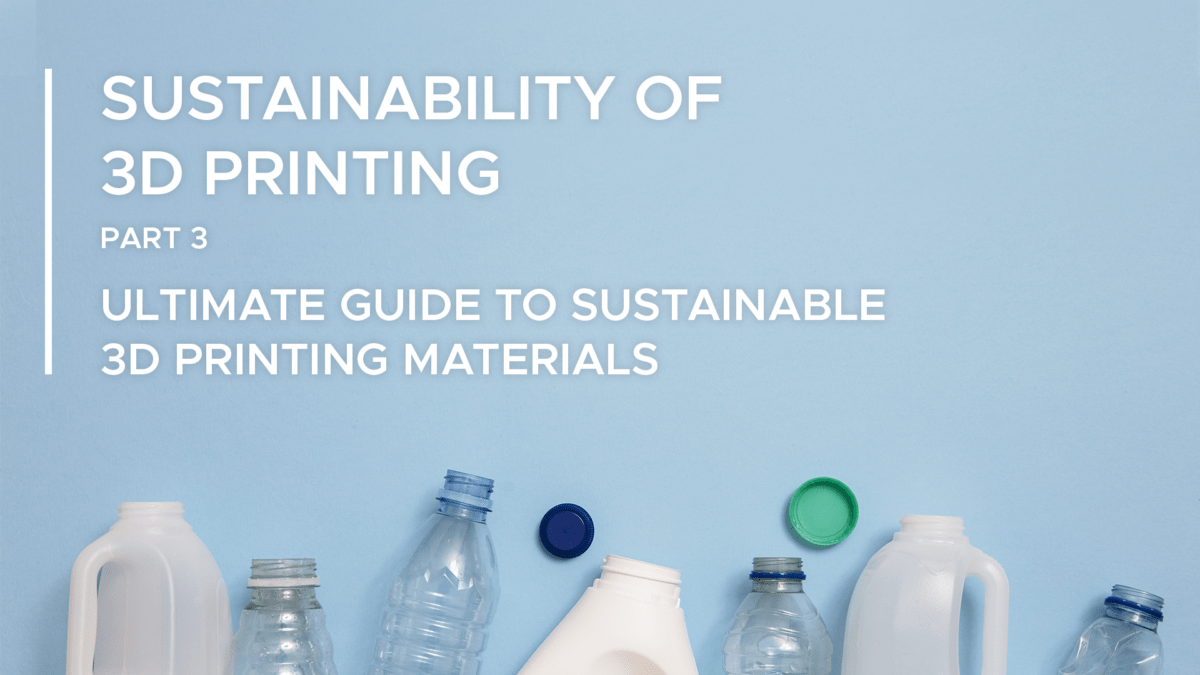Polyamide fabric is a synthetic textile known for its durability and strength. It is commonly used in activewear and outdoor gear due to its moisture-wicking properties and resilience to wear and tear.
Polyamide fabric, also referred to as nylon, has become a popular choice in the fashion industry for its versatility and longevity. With its ability to stretch and retain shape, polyamide fabrics are ideal for sportswear and lingerie. The fabric is also known for its resistance to wrinkles and abrasion, making it a practical choice for everyday clothing.
Additionally, polyamide fabric is often blended with other materials to enhance its performance qualities, such as breathability and water repellency. Polyamide fabric offers a combination of durability, flexibility, and comfort, making it a sought-after textile in various applications.
Table of Contents
Polyamide Fabric: A Versatile Material
What Is Polyamide Fabric?
Polyamide fabric, also known as nylon fabric, is a synthetic textile material with a wide range of applications. It is created through the process of polymerization, where the molecular structure is formed by combining specific chemicals. The resulting fabric is known for its durability, versatility, and resistance to wear and tear.
Properties Of Polyamide Fabric
Polyamide fabric boasts several remarkable properties that make it a popular choice for various products. Known for its high strength-to-weight ratio, it is lightweight and yet highly durable, making it suitable for use in a variety of applications.
Additionally, polyamide fabric is prized for its exceptional elasticity, allowing it to retain its shape even after extensive use. Its moisture-wicking properties make it an ideal choice for sportswear and activewear, as it effectively draws moisture away from the skin, facilitating quicker evaporation.
Types Of Polyamide Fabric
Polyamide fabric, also known as nylon fabric, is a versatile and durable textile often used in various industries. Its strength, abrasion resistance, and moisture-wicking properties make it suitable for sportswear, outerwear, and even upholstery.
Nylon
Nylon is one of the most popular types of polyamide fabric. It is known for its durability, strength, and resistance to abrasion. This synthetic fabric is commonly used in various applications, including clothing, accessories, and industrial materials. Nylon fabric has a smooth and soft texture, making it comfortable to wear. Its moisture-wicking properties help keep the body dry by drawing sweat away from the skin. Nylon is also quick-drying, making it suitable for sportswear and outdoor gear. Due to its versatility and affordability, nylon fabric is widely used in the fashion industry.
Applications Of Polyamide Fabric
Polyamide fabric is a versatile material known for its durability and strength. Its wide range of applications makes it a popular choice in various industries. Let’s explore some of the key applications of polyamide fabric in different sectors.
Textile Industry
Polyamide fabric is extensively used in the textile industry for producing clothing, activewear, and intimate apparel. Its excellent moisture-wicking properties and durability make it ideal for sportswear and outdoor gear.
Automotive Industry
In the automotive sector, polyamide fabric is utilized for manufacturing car seats, upholstery, and interior components. Its resistance to abrasion and chemicals, along with its lightweight nature, are valuable qualities in automotive applications.

Credit: www.thewardrobeconsultant.com
Advantages Of Polyamide Fabric
Polyamide fabric offers exceptional durability and strength, making it ideal for high-performance activewear and outdoor gear. Its moisture-wicking properties keep you dry and comfortable during intense workouts, while its quick-drying nature ensures easy care and maintenance. Perfect for those seeking long-lasting and functional apparel options.
Durability
Polyamide fabric’s robust nature results from synthetic fibers that endure wear and tear exceptionally well.
Moisture Management
Polyamide fabric offers excellent moisture-wicking properties, keeping the wearer dry and comfortable.
Polyamide fabric is a versatile material with several advantages that make it a popular choice in the textile industry. Its durability and moisture management properties are especially noteworthy.
Durability
Polyamide fabric’s robust nature results from synthetic fibers that endure wear and tear exceptionally well.
Moisture Management
Polyamide fabric offers excellent moisture-wicking properties, keeping the wearer dry and comfortable.
Disadvantages Of Polyamide Fabric
Polyamide fabric, also known as nylon fabric, offers several advantages such as durability, water resistance, and versatility. However, like any other material, it also has its share of drawbacks. In this section, we will discuss the disadvantages of polyamide fabric, focusing on three main aspects: heat sensitivity, environmental impact, and potential health concerns.
Heat Sensitivity
Polyamide fabric is known to be heat sensitive, which means it can easily shrink or melt when exposed to high temperatures. This limitation makes polyamide fabric unsuitable for certain applications where heat resistance is crucial. It is important to take extra precautions when washing or drying garments made from polyamide fabric to prevent damage.
Environmental Impact
When it comes to the environmental impact, polyamide fabric has both positive and negative aspects. On the positive side, polyamide fabric is highly durable and long-lasting. It has excellent resistance to wear and tear, reducing the need for frequent replacements. However, the production of polyamide fabric involves the use of fossil fuels and the release of greenhouse gases, contributing to environmental pollution. Additionally, polyamide fabric is not biodegradable, taking a long time to decompose in landfills. Therefore, its disposal requires careful consideration and proper waste management to minimize environmental harm.
Health Concerns
While polyamide fabric is generally considered safe for most individuals, it can cause potential health concerns for some people. Some individuals may experience skin irritation or allergies when in direct contact with polyamide fabric, especially if they have sensitive skin. It is advisable to test the fabric on a small area of the skin before wearing garments made from polyamide fabric to determine any potential allergic reactions.
In conclusion, while polyamide fabric offers numerous benefits, it also has its disadvantages. Its heat sensitivity, environmental impact, and potential health concerns should be taken into account when considering the use of this fabric. By understanding these drawbacks, you can make informed decisions and use polyamide fabric appropriately in various applications.

Credit: replique.io
Care And Maintenance Of Polyamide Fabric
Polyamide fabric, also known as nylon, is a synthetic material renowned for its durability and resistance to wear and tear. Its versatility makes it a popular choice for various applications, including activewear, swimwear, and outdoor gear. However, to ensure the longevity of polyamide fabric, proper care and maintenance are crucial.
Washing Instructions
When washing polyamide fabric, it is important to use cold water and a mild detergent. Avoid using bleach or fabric softeners, as they can degrade the fabric’s integrity. Additionally, hand washing is preferable to machine washing to prevent excessive agitation. If machine washing is necessary, use a gentle cycle and place the fabric in a mesh laundry bag to reduce friction.
Storage Tips
Proper storage is essential to maintain the quality of polyamide fabric. Store items made from polyamide in a cool, dry place away from direct sunlight to prevent discoloration and degradation. Avoid hanging polyamide garments for extended periods, as this can stretch the fabric. Instead, fold them neatly to prevent creasing and distortion.
Innovations In Polyamide Fabric
Polyamide fabric, commonly known as nylon, has undergone noteworthy innovations in recent years, making it a popular choice in various industries. From smart fabrics to sustainable practices, the developments in polyamide fabric have revolutionized the way we perceive and utilize textiles.
Smart Fabrics
Smart fabrics have integrated technology into polyamide fabric, giving rise to a new generation of textiles that can monitor vital signs, regulate body temperature, and even change color based on environmental factors. These innovations have opened up a wide range of applications, from sports apparel that adjusts to the wearer’s needs to medical garments that can provide real-time health data.
Sustainable Practices
Innovations in sustainable practices have transformed the production of polyamide fabric, with advancements in recycling techniques, reducing water consumption, and utilizing eco-friendly dyes. These efforts align with the growing demand for eco-conscious materials, paving the way for polyamide fabric to become a sustainable and environmentally friendly choice in the fashion and textile industry.

Credit: icefabrics.com
Frequently Asked Questions For What Is Polyamide Fabric
Is Polyamide A Good Fabric?
Yes, polyamide is a good fabric due to its durability, resistance to wrinkles, and ability to retain shape. It also has strong moisture-wicking properties, making it suitable for activewear and lingerie. Additionally, it dries quickly and is resistant to abrasion, making it a versatile choice for various clothing items.
Is Polyamide The Same As Polyester?
Polyamide and polyester are not the same. Polyamide is a type of synthetic polymer, while polyester is a different type of synthetic polymer. Polyamide is commonly used in products like stockings and carpets, while polyester is often used in clothing and bedding.
Is Polyamide The Same As Cotton?
Polyamide is not the same as cotton. Polyamide is a synthetic fabric, while cotton is a natural fiber.
What Are The Disadvantages Of Polyamide Fabric?
Polyamide fabric has a few drawbacks including poor breathability, low resistance to heat, and potential for static electricity. It can also be prone to pilling and may require special care during washing. However, it is durable, resistant to wrinkles, and has good moisture-wicking properties.
Read Next:
Conclusion
Polyamide fabric offers durability, versatility, and comfort for various uses. Its moisture-wicking properties make it ideal for active wear. Understanding its benefits can help you make informed choices for your clothing needs. Embrace the world of polyamide fabric for a blend of style and functionality.
